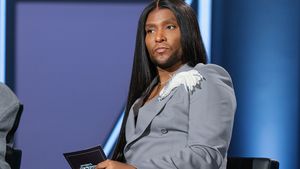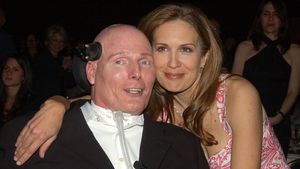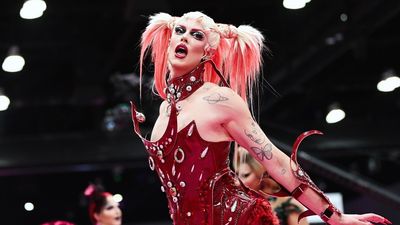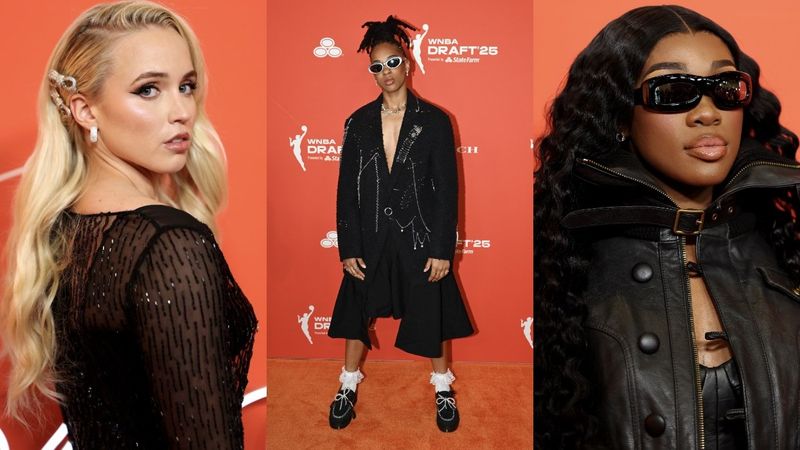For a lesbian starting a new job, it’s often the same story: you begin by learning about a new office, meeting new people, understanding new workplace procedures – but inevitably, once familiarity and coworker friendship sets in, you’ll get the question: “So… do you have a boyfriend?”
Working freelance in the film industry, I’ve had to “come out” at the start of every new occupational endeavor, and despite being a proud gay woman, something about this experience always feels daunting. I don’t know if I’m encountering a religious conservative, a naïve straight girl who is inevitably going to think I’m hitting on her, or, in the most damaging of cases, a bigoted superior who will do what he or she can do to ensure I don’t advance in my new position. Regardless, this process can be uncomfortable.
On Thursday, the Employee Non-Discrimination Act passed in the US Senate, a decision that went relatively under the radar, compared to monumental equality moves as of late. For more than two decades, groups like the Human Rights Campaign and gay advocates everywhere have been fighting for LGBT equality in the workplace. Like other minority groups in this country, most notably women and people of color, those of us within the LGBT community have faced the constant threat of being prejudged at work, possibly to the point of discrimination or worse, wrongful termination. The difference between LGBT people and other minority groups is that our “otherness” isn’t apparent — it’s discovered.
For gays and lesbians who have encountered workplace discrimination, it’s a co-worker’s stark behavioral shift upon their coming out of the supply closet that proves to be the most disheartening. I spoke recently with an out lesbian, who described one such instance to me.
“After it came out that I was gay, my employer stopped being friendly with me and started to blatantly over-scrutinize my work,” she said. “[This created] such an uncomfortable work environment that I felt I had no choice but to look for other employment.”
Sadly, like other minority groups facing discrimination at work, the burden of proof is often on the person who is discriminated against. “They never said, ‘I'm letting you go because you're gay,’” this young woman continued. “Most of the time their treatment wasn't so much in action as it was in tone and overall attitude towards me. That attitude let me know that I could kiss the idea of a promotion goodbye, preventing me from wanting to stay in the company.”
The sad fact of the matter is, her story and others like it aren’t going to go away completely if the House of Representatives pass ENDA. As other minority groups are aware, bigotry in the office is often so subtle that it’s difficult to fight. An unfriendly tone or a boss’ general negative attitude towards an employee aren’t easy things to prove, and many people fear that filing such a complaint will make them appear petty or oversensitive. But this law, like many others, creates an awareness that may not have existed before. Any non-discrimination law, while innately segregating certain groups as “other,” is an important step towards equality and a monumental recognition of a minority group’s civil rights.
Now we wait to see if the House will pass ENDA, a law that Speaker John Boehner (pronounced phonetically in my head) has said he won’t even bring up for a vote. Discrimination, crude jokes, and an uncomfortable work environment are only the surface of the far greater problem. Twenty-nine states lack any laws on the books that prohibit workplace discrimination based on sexual orientation, and only 17 states hold legal consequences for discrimination based on gender identity.
I may always feel slightly awkward having to come out at work. Just yesterday I overheard a co-worker commenting that she felt another lesbian in the office had been eying her, despite the fact that the woman probably mentioned her girlfriend three times in one meeting. But a little bit of ignorance is only the root of the problem, and one that will almost certainly be deflated with laws like ENDA on the books creating awareness across the board. In the case of Civil Rights, we often have to think big before the small stuff gets changed.
Oh, and if you’re in my office and reading this: I’m a lesbian. A big one.
Op-ed: 'Do You Have A Boyfriend?' And Other Weird Work Questions
ENDA better pass soon, because we're getting sick of being worried about coming out at work.























































































 Cindy Ord/Getty Images
Cindy Ord/Getty Images

























